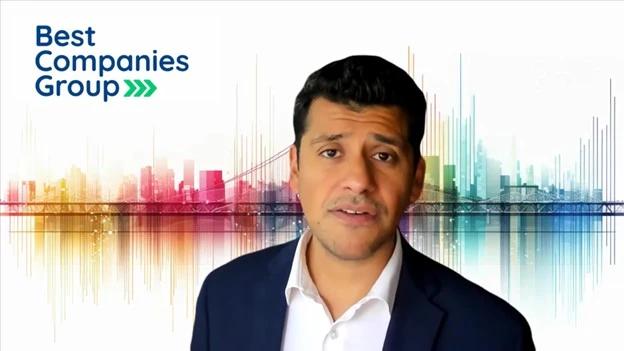Raise your hand if you spend part of each day with your feet propped on your desk, wondering how you’re going to spend all that extra time you have on your hands and all that extra money in the budget? It’s doubtful that many hands went up. Most operations are understaffed, underfunded and overstressed. We hardly have time to sit down, much less put our feet up. But we better make time for one thing – the most important thing, which is managing.
Stressful times demand that busy managers set clear goals, develop effective and efficient methods for getting the work done and effectively communicate performance results up and down the management team. If you’re not doing those things already, you have a lot of company among your peers. But if you want to be a more effective manager and stand out from the crowd, there are things you can do to increase productivity and your value.
Setting Clear Goals
There’s a saying: If you don’t know where you’re going, any path will get you there. Here’s the corollary: If your team doesn’t know where it’s going, they should blame you. Your team will perform at the top of its game when the players fully understand what they are there to accomplish. Being specific is essential to a manager’s effectiveness.
Many people follow the SMART methodology of goal-setting: specific, measurable, achievable, realistic and time-based. Managers should think only about the steps that contribute to success and avoid getting bogged down in the details. Take the time to clearly define required actions to ensure they are the ones most needed to achieve the objective. Anticipate potential roadblocks and know what you’re going to do when they crop up.
Using Effective Methods
If you’re good at figuring out processes necessary to accomplish goals, and if you know how to organize people to tackle and accomplish the goals, you are distinctively skilled. Those managers comfortably assign responsibilities and deadlines. They monitor results and progress in a timely manner and design feedback opportunities into the project loop.
Here are several steps you can take to increase your effectiveness:
- Organize the work needed into smaller, time-specific increments
- Determine who will do the work and what resources are needed to complete the job successfully
- Look for synergies – actions you can combine – to increase efficiency
- Identify detailed checks and follow-up systems so nothing falls in the proverbial cracks
communicating effectively, up and down the team
Effective project communication has three phases: a beginning, middle and end. In the beginning, clearly communicate intended outcomes. As management guru Stephen Covey taught in his “Seven Habits of Highly Effective People,” the place to begin effective communications is with a clear and concise description of expected outcomes and the steps needed to achieve the goal.
While the project is underway, provide regular updates that let the team members know the status of the project and that their efforts are appreciated. Remind them of the benefits that will come when the project is completed successfully. Managers also must communicate up the organization to supervisors, owners and boards, providing regular and credible updates as mileposts are passed.
In the third stage, after the project is complete, communications to your management and board should report on budget variances and any early signs that the intended benefits are being achieved. Throughout the three phases, keep communication simple, honest and straight-forward. Do not equivocate. If there is a setback, say so. Own the outcomes, good and bad.
Getting Things Done
Strategy and planning are critical, but a plan is merely words on paper until it is executed. Can you marshal the resources needed to accomplish goals? Are you effective at orchestrating multiple and sometimes interdependent activities simultaneously and congruently? Are you proficient at absorbing information, accepting and meshing good ideas, adjusting plans and staying on task, even as other priorities compete for your attention?
If you have all those skills, you’re already a great manager. And if you need to shore up a few areas in your skill set, consider the suggestions discussed above.

Explore the April 2017 Issue
Check out more from this issue and find your next story to read.
Latest from Golf Course Industry
- Editor’s notebook: Green Start Academy 2024
- USGA focuses on inclusion, sustainability in 2024
- Greens with Envy 65: Carolina on our mind
- Five Iron Golf expands into Minnesota
- Global sports group 54 invests in Turfgrass
- Hawaii's Mauna Kea Golf Course announces reopening
- Georgia GCSA honors superintendent of the year
- Reel Turf Techs: Alex Tessman





